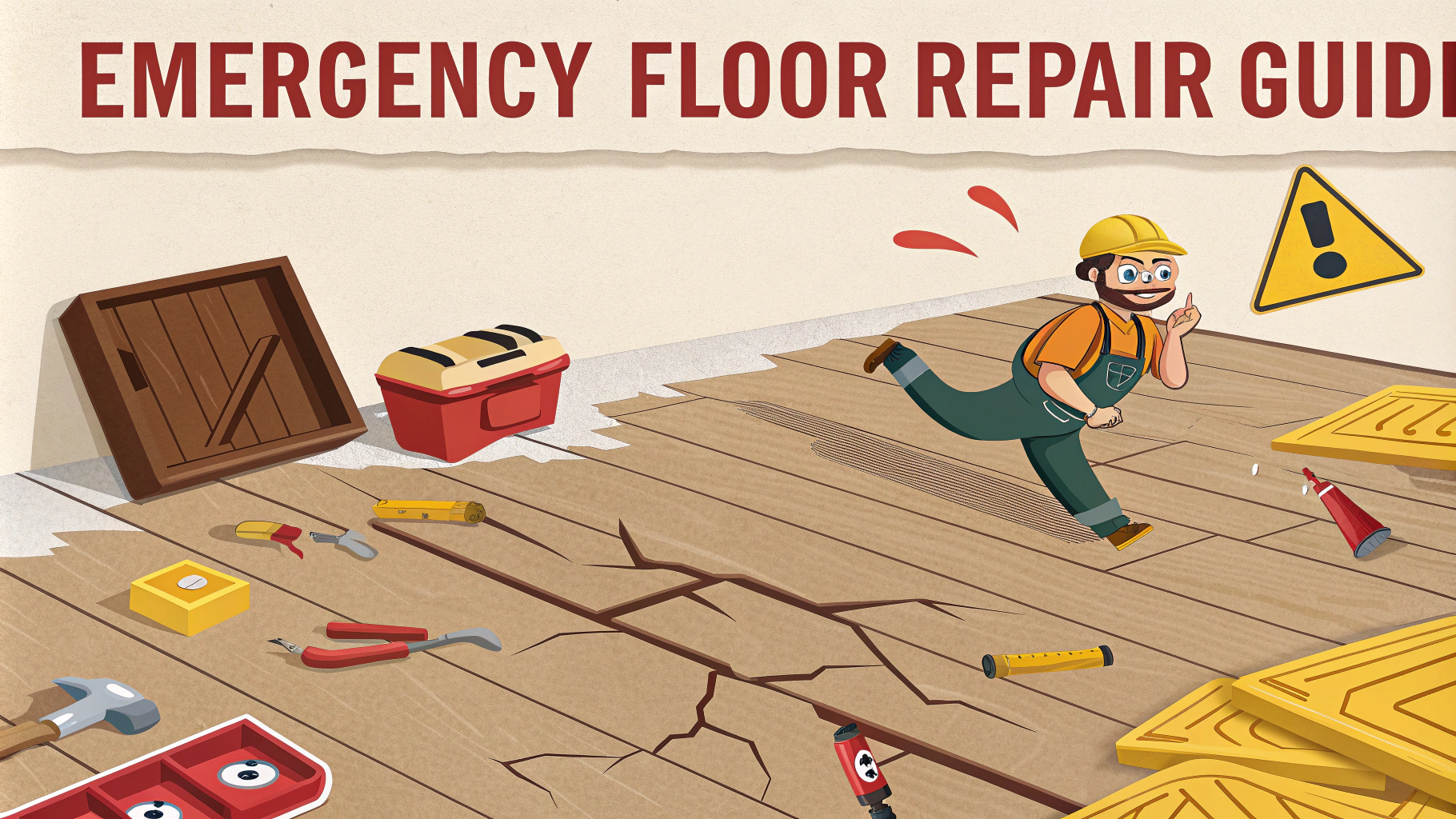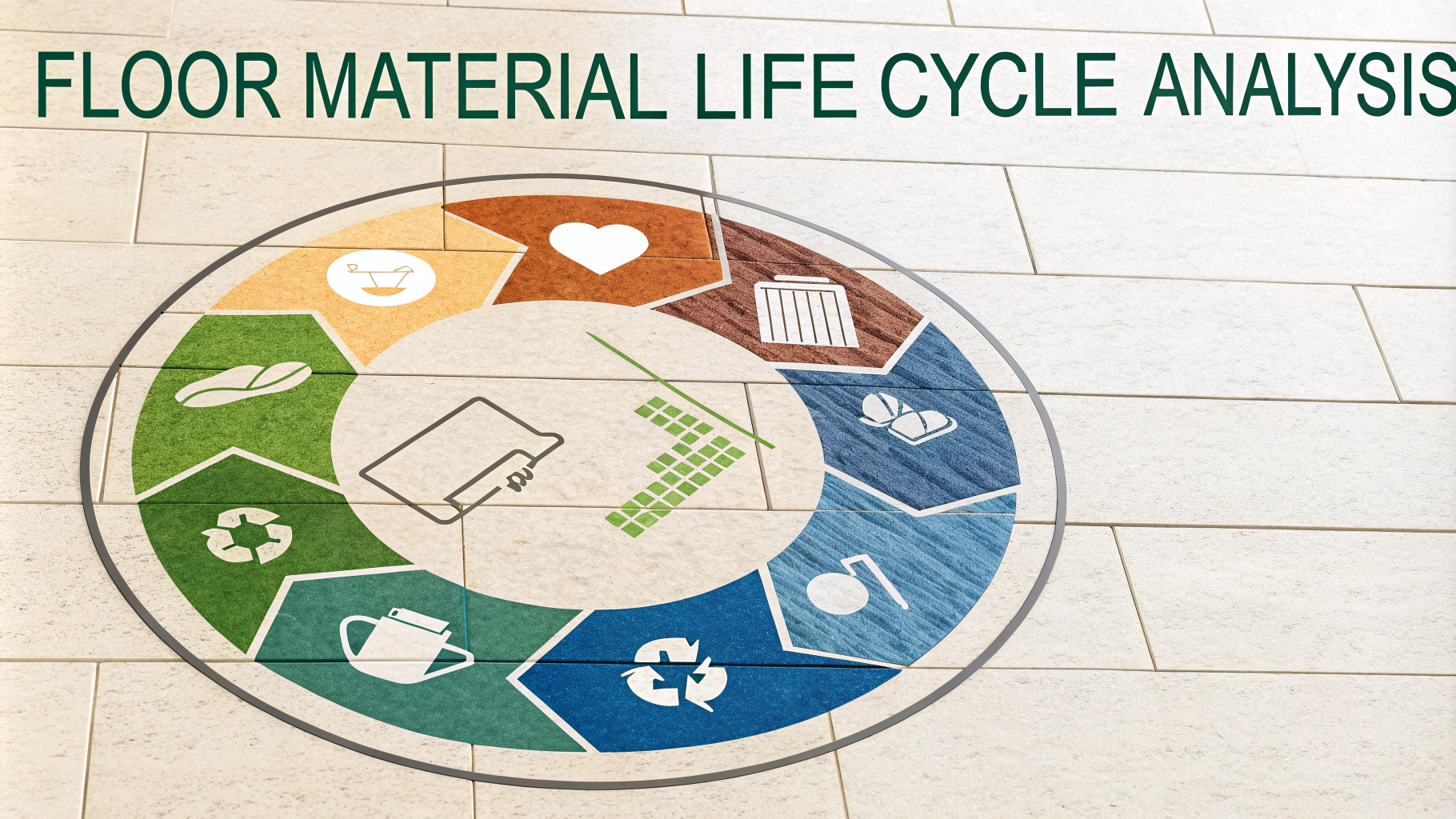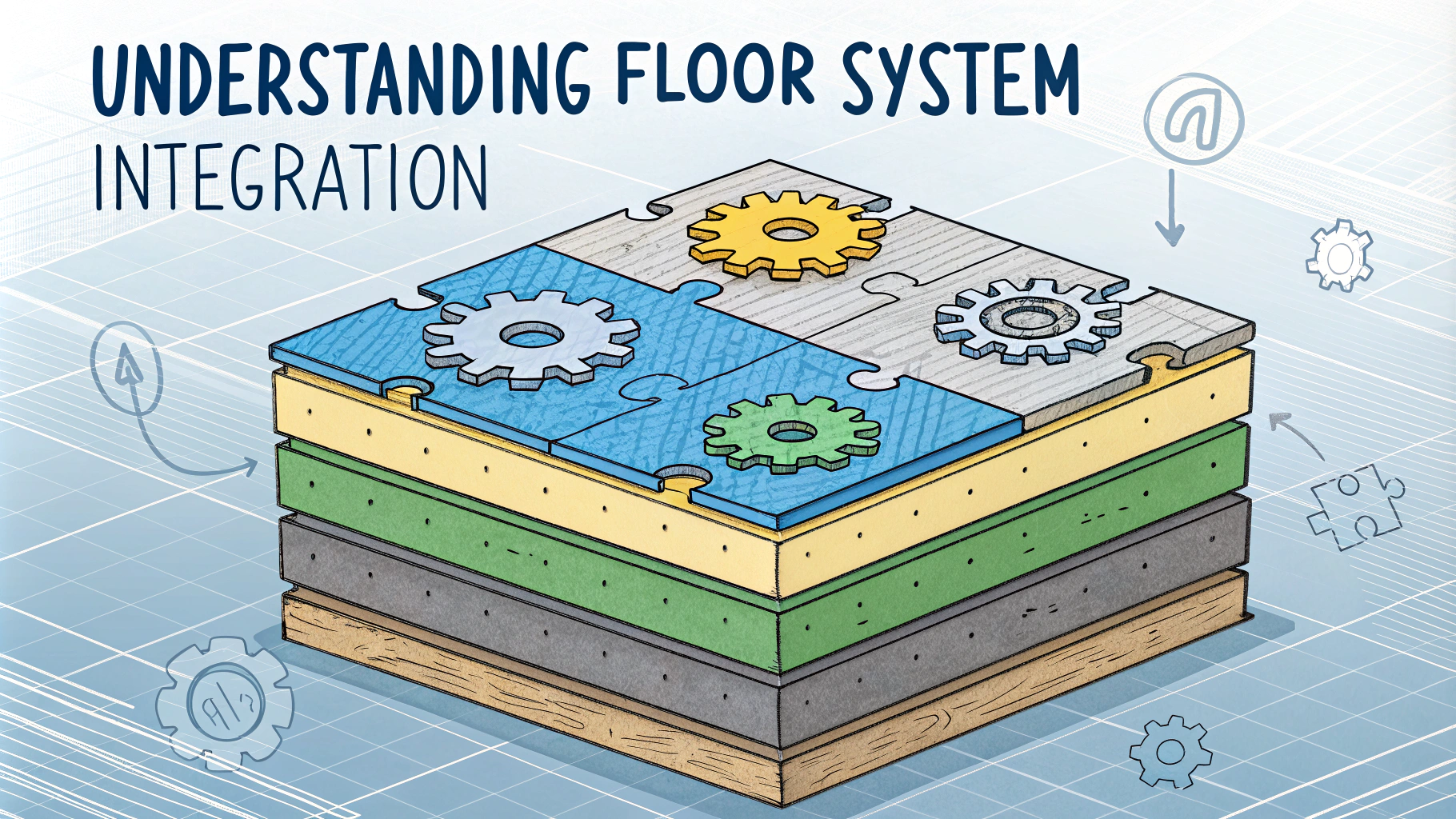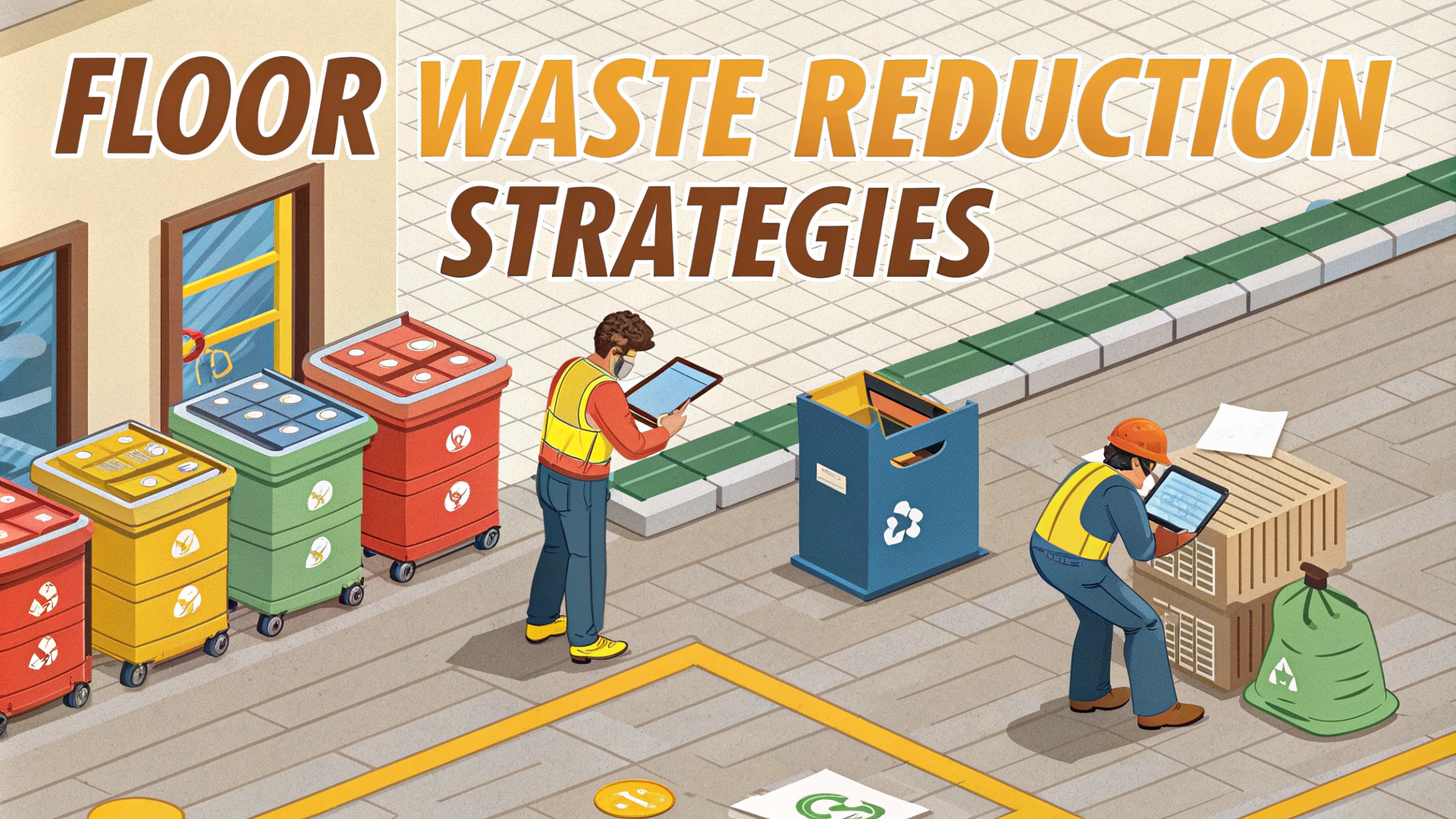A reliable flooring contractor can make or break your renovation project, impacting both the aesthetic appeal and long-term value of your property.
Choosing the right professional requires careful consideration of multiple factors, from licensing and insurance to project experience and material expertise.
This checklist helps homeowners navigate the selection process and avoid common pitfalls when hiring a flooring contractor.
Essential Qualifications
- Valid state contractor’s license
- General liability insurance (minimum $1M coverage)
- Workers’ compensation insurance
- Bonding (where required by state law)
- Local business registration
Experience Verification
- Minimum 5 years of flooring installation experience
- Portfolio of completed projects
- Specialization in your chosen flooring type
- References from past clients
- BBB rating and online reviews
Technical Assessment
- Knowledge of local building codes
- Subfloor preparation expertise
- Moisture testing capabilities
- Tool quality and maintenance
- Material handling procedures
Documentation Requirements
- Detailed written estimate
- Project timeline
- Material specifications
- Payment schedule
- Warranty information
Questions to Ask
- Who will supervise the installation?
- Are subcontractors used?
- What preparation is needed?
- How long will the project take?
- What’s your cleanup process?
Red Flags to Watch For
- Unusually low bids
- Pressure to decide immediately
- Reluctance to provide references
- No physical business address
- Cash-only payment requests
Making Your Final Decision
Compare at least three contractors using this checklist before making your selection.
| Factor | Weight |
|---|---|
| Experience & Expertise | 30% |
| Price | 25% |
| References | 20% |
| Communication | 15% |
| Availability | 10% |
Protecting Your Investment
- Get everything in writing
- Never pay more than 10% upfront
- Maintain copies of all documents
- Take before and after photos
- Keep warranty information secure
Next Steps After Selection
Schedule a detailed walk-through with your chosen contractor to discuss project specifics and timeline.
Request a written contract that includes all discussed terms and conditions.
Prepare your space according to the contractor’s specifications before the start date.
Project Coordination
- Establish clear communication channels
- Set expectations for daily work hours
- Designate a primary point of contact
- Create a contingency plan for delays
- Schedule regular progress meetings
Quality Control Measures
- Daily inspection of work progress
- Documentation of any issues
- Verification of material quality
- Testing of finished areas
- Final walkthrough checklist
Post-Installation Care
Immediate Care
- Allow proper curing time
- Follow cleaning guidelines
- Monitor for any issues
- Schedule follow-up inspection
- Document maintenance requirements
Long-term Maintenance
- Regular cleaning schedule
- Annual professional inspection
- Prompt repairs when needed
- Proper climate control
- Documentation of maintenance activities
Ensuring Long-Term Success
A successful flooring installation extends beyond the initial project completion. Maintain detailed records of your installation, including contractor information, material specifications, and warranty details. Regular maintenance according to manufacturer guidelines will protect your investment and ensure lasting quality.
Remember that a quality flooring installation is an investment in your property’s value. By following this comprehensive guide and working with qualified professionals, you’ll maximize the return on your investment while enjoying beautiful, durable floors for years to come.
FAQs
- What are the essential criteria for choosing a floor contractor?
Experience, proper licensing, insurance coverage, references, portfolio of past work, written warranties, detailed estimates, and professional certifications are key criteria. - How much deposit should I pay a flooring contractor upfront?
A typical deposit ranges from 10% to 30% of the total project cost. Never pay the full amount upfront, and ensure the payment schedule is clearly outlined in the contract. - What documents should a flooring contractor provide before starting work?
Valid contractor’s license, proof of liability insurance, workers’ compensation insurance, written contract, detailed quote, project timeline, and warranty information. - How long should a professional flooring installation take?
Installation time varies by project size and flooring type. A standard 1,000 square foot hardwood installation typically takes 2-3 days, while carpet might take 1-2 days. - What questions should I ask about the contractor’s warranty?
Ask about warranty length, what’s covered, exclusions, transferability, maintenance requirements, and process for warranty claims. - Should the contractor remove my old flooring?
Yes, professional contractors should handle removal of old flooring to ensure proper substrate preparation and prevent future installation issues. - How do I verify a floor contractor’s credentials?
Check with state licensing boards, Better Business Bureau, local trade associations, and request proof of insurance directly from their insurance provider. - What should a detailed flooring estimate include?
Material costs, labor charges, removal of old flooring, subfloor preparation, trim work, transitions, cleanup, timeline, payment schedule, and warranty information. - How can I ensure the subfloor is properly prepared?
Request moisture testing results, ensure leveling is included in the contract, and ask about acclimatization periods for the new flooring materials. - What type of insurance coverage should the contractor have?
General liability insurance (minimum $1 million), workers’ compensation insurance, and contractor’s bond if required by state law.








